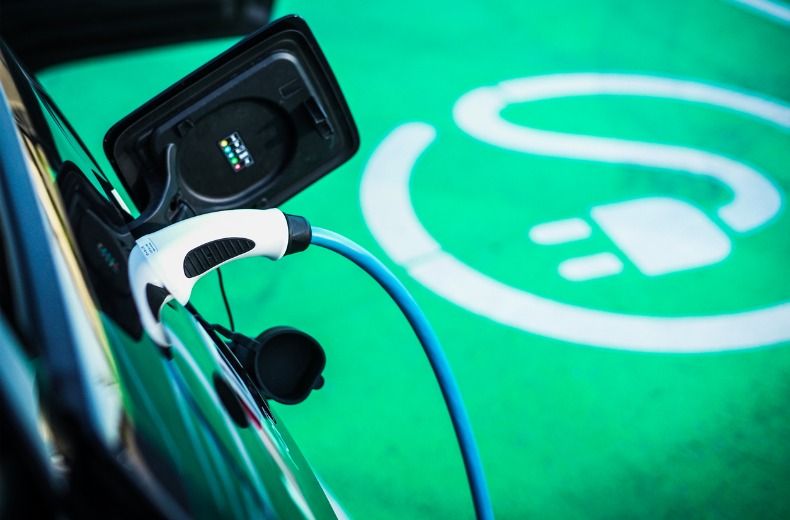Barriers to meeting this target – as well as its pledge for all new cars to be zero-emissions by 2035 – include the cost of electric vehicles (EVs) and the need for more on-street chargepoints, a report by the House of Commons Public Accounts Committee (PAC) has detailed.
Around 11% of new cars sold last year were ultra-low emission, up from 3% in 2019. But the report calls on the Government to address the fact it has 'not yet published a clear plan' to get this to 100%.
Although 26 charge points are being installed every day, The Society of Motor Manufacturers and Traders (SMMT) says this needs to rise to 507 a day to accommodate the deadline.
The committee isn’t convinced that the fact there are currently only 13 EVs available under £30,000 is good enough, and has urged ministers to address the up-front costs of going green as EVs can be £5,000 more expensive than equivalent conventionally fuelled models.
In March, the Government slashed the Plug-in Car Grant from £3,000 to £2,500 and made it available only for EVs costing up to £35,000. A Government spokesperson said it is investing £2.8bn to help the car industry and drivers switch to electric.
The PAC report said: “The [government] departments have deliberately sought to make interventions on a UK-wide basis, but take-up has been greatest where there are high levels of traffic, charge-points and affluence”.
It has urged the Government to understand how changes to the industry impact different types of consumers in different parts of the country, so rural areas in particular don’t get left behind.
- 2030 ban – is it worth buying an electric car now?
- The road to electric – in charts and data
Committee Chair Meg Hillier MP said: “The Government has a mountain to climb to get all new cars in the UK zero carbon in the next 14 years: to convince consumers and make the cars appealing, to make the car industry environmentally and socially compliant, to build the necessary infrastructure to support this radical shift and possibly biggest of all, to wean itself off carbon revenues.”
RAC head of policy Nicholas Lyes said: “While the 2030 deadline is a huge challenge, the number of drivers choosing electric vehicles is higher than ever and with more new models coming on the market, the proportion will only grow further.
“The Government’s plug-in car grant provides some incentive to purchase an electric car but there is no commitment to retain this beyond 2023 at present and we would encourage the government to continue looking at ways to incentivise take-up.
“A strong network of fast, reliable and easy to-use public chargepoints which allow for contactless payment, alongside measures to help those without off-street parking, are undoubtedly vital pieces to the jigsaw of making an electric vehicle become the default choice in the next few years.”
Earlier this month, the Government announced more than half a million EVs are now on UK roads.
Visit the RAC Drive Electric Cars hub
Read our guides on choosing, charging and running an electric car.

RAC sale – up to 33% off*
• Roadside cover from £5.29 a month†
• We get to most breakdowns in 60 mins or less
• Our patrols fix 4/5 breakdowns on the spot














